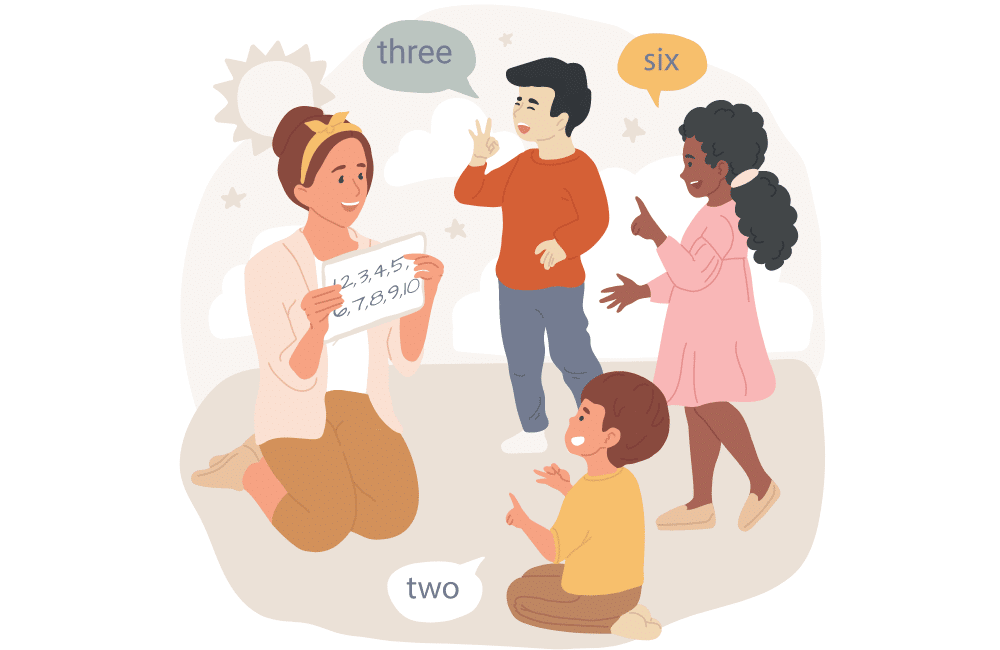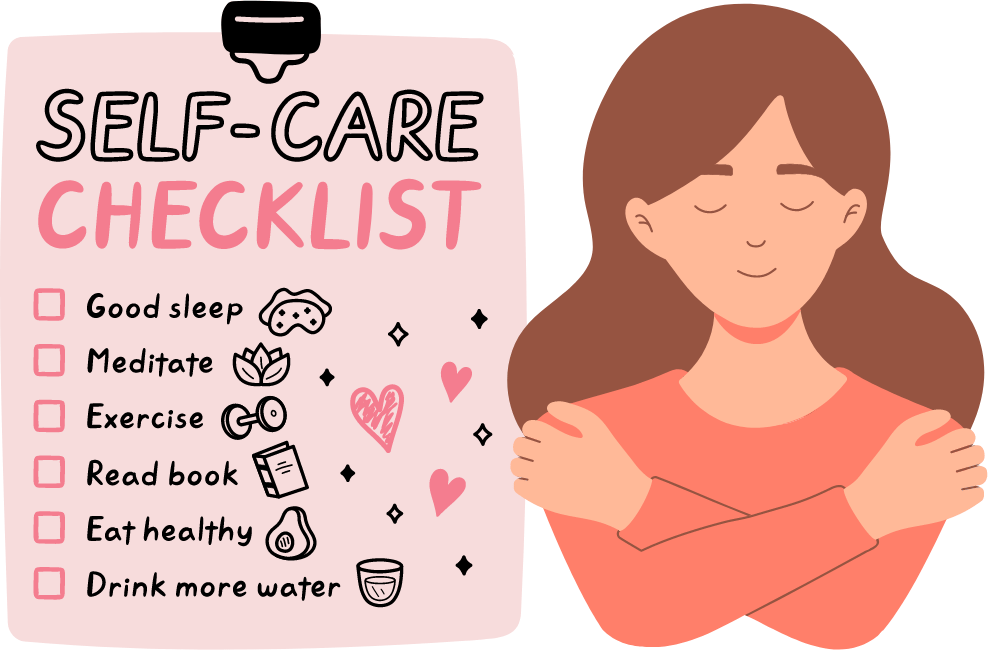In our fast-paced modern world, stress has become an all-too-familiar companion for many individuals. Juggling work, relationships, and personal responsibilities can often leave us feeling overwhelmed. However, we can achieve greater well-being and balance by implementing proven stress reduction techniques into our daily lives.

This article delves into various strategies to effectively reduce stress levels, promoting a healthier and more fulfilling lifestyle.
Stress Reduction Techniques
Discover the secrets to unlocking a relaxed and peaceful life by exploring the best stress reduction techniques. In this treasure trove of wisdom, we have carefully handpicked the most effective strategies that will leave you feeling rejuvenated and ready to conquer any challenge. So, fix your gaze on the screen and delve into this gold mine of stress-busting solutions.

Prepare to embark on a journey toward tranquility and serenity as you uncover the keys to a life free from stress. Get ready to transform your existence with these captivating techniques to set you on the path to blissful harmony.
Practice Mindfulness Meditation
Mindfulness meditation is a powerful technique that involves focusing one’s attention on the present moment without judgment. Regular mindfulness practice has been shown to reduce stress and anxiety levels significantly. Studies suggest that it enhances emotional well-being, increases self-awareness, and cultivates a sense of calmness and mental clarity. By setting aside dedicated time for mindful meditation, individuals can gain better control over their thoughts and emotions, allowing them to approach stressful situations with greater resilience.
Engage in Regular Physical Exercise
Physical exercise benefits our physical health and plays a crucial role in stress reduction. Engaging in regular exercise releases endorphins, which are often referred to as “feel-good” hormones. These endorphins improve our mood, alleviate stress, and promote overall well-being. Whether it’s a brisk walk, yoga, swimming, or any form of physical activity you enjoy, incorporating exercise into your routine can have profound effects on stress reduction. Aim for at least 30 minutes of moderate-intensity exercise most days of the week to experience the full benefits.
Prioritize Self-Care
Self-care is paramount for maintaining a healthy mind and body. Taking time for activities that bring joy and relaxation is essential in reducing stress. Find activities that resonate with you, such as reading a book, taking a warm bath, listening to music, or spending time in nature. Prioritizing self-care enables individuals to recharge, rejuvenate, and restore their energy levels. By dedicating regular intervals for self-care, you can effectively manage stress and create a healthier work-life balance.

Develop Healthy Coping Mechanisms
When faced with stressful situations, it’s crucial to have healthy coping mechanisms in place. Deep breathing exercises, journaling thoughts, and feelings, or confiding in a trusted friend or family member are effective strategies for managing stress. Learning how to respond to stress healthily prevents it from becoming overwhelming and detrimental to your overall well-being. By adopting constructive coping mechanisms, individuals can navigate stressful circumstances more effectively and maintain their emotional equilibrium.
Establish a Supportive Social Network
Building a strong social support system is vital in stress management. Surround yourself with positive, supportive individuals who can provide a listening ear or offer guidance when needed. Participate in activities that foster social connections, such as joining clubs or engaging in community events. Meaningful relationships and social interactions can provide comfort, encouragement, and practical assistance during challenging times. Nurturing these connections can significantly reduce stress and contribute to a more balanced and fulfilling life.
Adopt Healthy Eating Habits
The food consumed can significantly impact our stress levels. Excessive caffeine and sugar intake can contribute to feelings of anxiety and restlessness. Instead, focus on a well-balanced diet that includes ample fruits, vegetables, whole grains, and lean proteins. Proper nutrition supports the body’s ability to cope with stress and promotes overall well-being. Additionally, staying hydrated throughout the day is essential. By making mindful choices about your diet and maintaining a healthy eating pattern, you can effectively manage stress and improve your overall quality of life.
Prioritize Quality Sleep
Adequate sleep is crucial for both physical and mental health. Insufficient sleep can exacerbate stress and make it more challenging to manage daily tasks effectively. Ensure you prioritize quality sleep by establishing a consistent sleep schedule, creating a comfortable sleep environment, and practicing relaxation before bed. Disconnecting from electronic devices and engaging in calming activities, such as reading or a warm bath, can help prepare your mind and body for a restful night’s sleep. By prioritizing sleep, you enhance your ability to cope with stress and wake up refreshed, ready to face the day.
Final Thoughts
By incorporating these effective stress reduction techniques into your daily routine, you can cultivate a healthier and more balanced life. Remember, stress is a natural part of life, but how we respond to it matters. Take charge of your well-being by practicing mindfulness, engaging in regular exercise, prioritizing self-care, nurturing relationships, adopting healthy eating habits, and prioritizing quality sleep. With these strategies, you can minimize the negative impact of stress and lead a more fulfilling and peaceful life.

